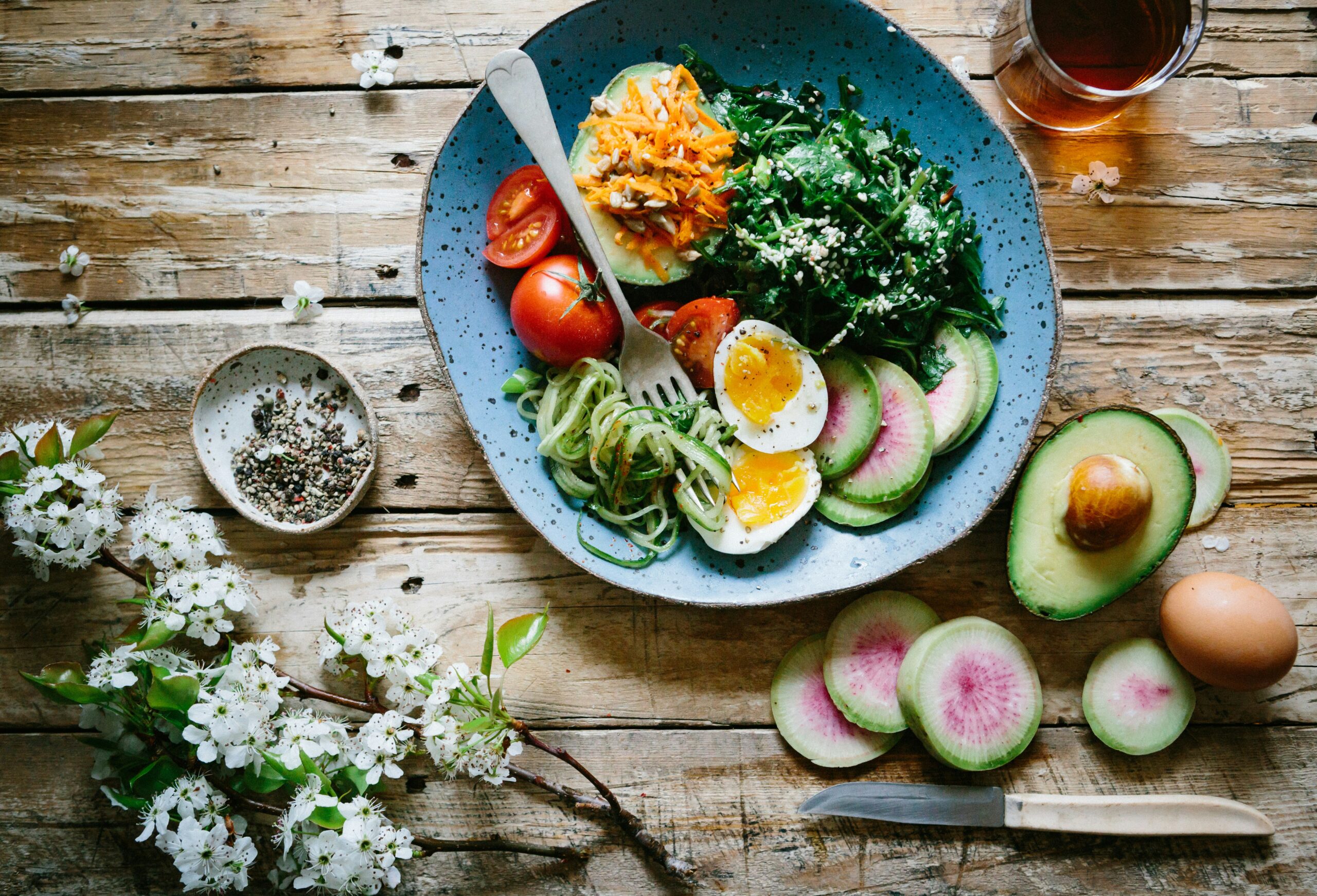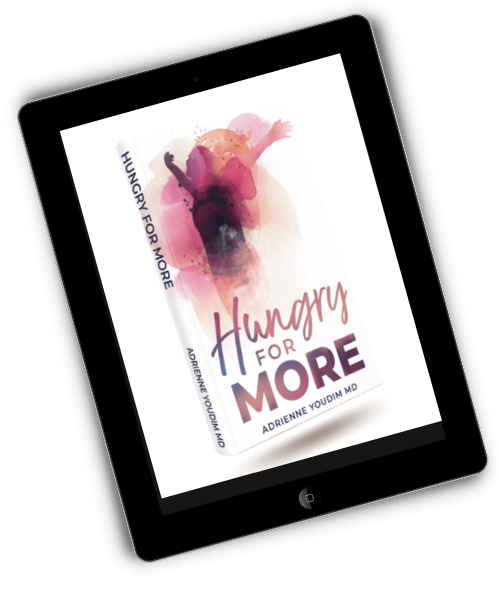Have you ever felt your mood tank after something you ate? I’m not talking about guilt or self-deprecation for eating an ice cream Sunday (we don’t believe in shame). I’m talking about genuinely feeling your mood and energy zapped as a result of something you have consumed.
Chances are it has happened, even if you haven’t noticed, it happens to all of us! The truth is, while food isn’t the whole deal, it can impact our mood and so in keeping with the theme of mental health awareness month, this week we are digging into “Nutrition and your Mood“.
Brain Chemistry 101 🧠 +
Many neurotransmitters including dopamine, serotonin among others affect our mood and overall mental health, and how imbalances can lead to mood disorders. Serotonin, “the feel good hormone,” is also produced in the gut. In fact the gut is the number 1 source of serotonin production in the body. Maintaining a healthy gut and healthy gut bacteria is also important to good mental health. How do we do that? Eat more from the fridge and less from the pantry!
What Nutrients can Protect Mental Health and Wellbeing 🐟? +
Specific nutrients can impact neurotransmitter production and have been shown to have an impact on our mood and cognitive health. Some examples: omega-3 fatty acids found in fish and flaxseeds, serotonin-boosting effect of complex carbohydrates, and B vitamins found in leafy greens.
Is there a Particular Diet that supports Mental Health? +
The highly studied Mediterranean Diet is associated not only with reduced cardiovascular disease, dementia and cancer but has also been associated with mood stabilizing effects and a reduced risk of depression. The Medi Diet consists of complex carbs- like whole wheat grains🌾, cereals and breads🍞 Legumes and beans🫘 Full fat dairy🧈 Fish🐟, and limited poultry, rare red meat🥩
On the other hand, a Western Diet is associated with higher rates of mood disturbances when compared to a Medi-style diet. Some of the biggest culprits? Processed and ultra-processed foods, and simple carbohydrates that promote a surge of insulin.
Practical Tips:
Meal planning: Create an environment for success by prepping and planning meals in advance
Snack ideas: Incorporate healthy snacks that help maintain stable mood levels and healthy gut flora. Some examples:
 Yogurt and berries
Yogurt and berries
 A handful of nuts
A handful of nuts
 Garbanzo snacks (you can make them yourself with some seasoning and an oven!)
Garbanzo snacks (you can make them yourself with some seasoning and an oven!)
Mindful eating: Be more aware of how your food choices affect your mood and mental health. Think to yourself before you eat, “how does this serve me?” and if it doesn’t then think again.
And don’t forget that movement and sleep are nutrients too and essential to good mental health.
Remember that diet, while important and impactful, is just one aspect of managing your mental health. If you are struggling with your mental health, please, please get help from a mental health professional. (Call or text 988 if you or someone you know is struggling or in crisis). The world is crazy right now and we need you to be well!



